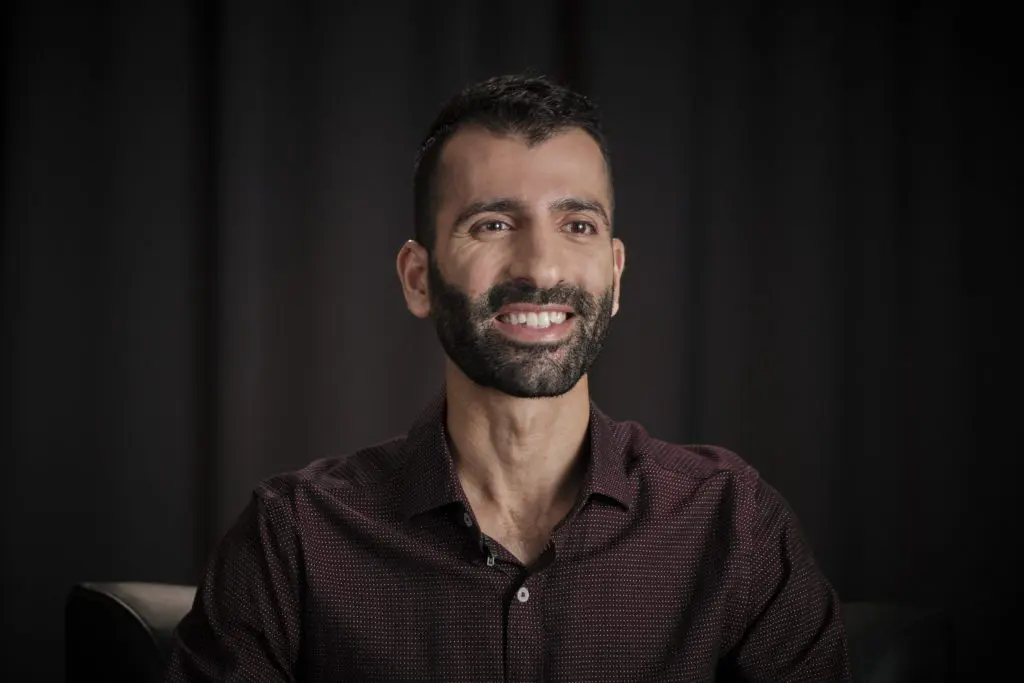My first failing mark was for the participation of a discussion forum within a few weeks of starting the Psychiatric Nursing course. I had completely forgotten to do my peer posts in one of my classes, which are expected every week by noon on Sundays. I resolved that I would never fail again… and then I did. The second time I received a failing mark was close to the end of the semester and my reaction was less graceful this time. Instead of saying “OK, I made a mistake, let’s figure out how I can stop myself from making this mistake again” I said, “What? How could this happen again? I promised myself and my teacher that I wouldn’t let it happen again.” That’s when it became make or break time.

I immediately called my Student Success Coordinator in tears. She reassured me that although I had made a mistake, mistakes are okay, I had to learn how to fail to be successful. She explained that the biggest lesson with this zero was that something wasn’t working so I needed to make a change. She referred me to the Student Life Coach and things started looking up. I also contacted my instructors individually and learned they were receptive and open to sharing their advice. Between the life coach, the instructors, the teaching assistant, and the student success coordinator, I gathered information that still helps me today.
Here are the pieces of advice that have stuck with me through the semesters.
Get some sleep
Mulling over my thoughts instead of sleeping was wreaking havoc on my scholastic performance. I took the advice that if I haven’t solved it by midnight, it’s not happening tonight. As much as it was a huge adjustment (that wasn’t always successful) I wrote down my to-do list for the next day and tried to let my brain rest.
Observe the 24-hour rule
Got a bad mark? Someone said something triggering you? I now heed the advice to take 24 hours to decide my course of action. At times, I will write a drafted email or write down the exact points that are bothering me so I don’t get too flustered at the moment. Often, by the time a day has passed, my mindset has changed and I am at peace.
MRI: Most Respectful Interpretation
I am the first to admit when someone says something that hurts my feelings, it bothers me to the core. I am a sensitive soul and never want to hurt other people’s feelings. There’s also a tonality that gets lost when interacting with text. Thus, I have learned to observe the “Most Respectful Interpretation” rule. I now consider the person on the other side of the conversation is trying their best to get their point across in a respectful way.
Make a realistic plan
It’s not realistic that I will get 100% on every weekly discussion, test, or assignment. It is realistic that I can divide my time so I get my work done by the due date. In addition, my struggle is finding the attention span to sit down and read an entire chapter. So, at the advice of one of my instructors, I make blocks of time of 20-30 minutes for reading and then change to study a different subject matter. Then, when I am finding it impossible to stay on task, I take a productive break.
Put a schedule down in writing
Writing my schedule was my biggest struggle during my first semester. I spent a lot of late Wednesday nights completing coursework dangerously close to the midnight deadline. Now, I write down all the tasks I have to do into a weekly schedule on a Word document. I have one column for the task, one column for the due date, and one column for the completion date. I highlight the tasks I want to tackle first and it stops me from getting too overwhelmed.
Have self-forgiveness
There is no way to spend over two years in one program and be 100% successful every week at every task. Instead, I learned when I get a rough mark or feedback about something I should have easily caught while proofreading, I take a deep breath and forgive myself. I put a lot of pressure on myself to get high grades and positive feedback that at times I can struggle with constructive criticism. One skill I’ve had to learn through this process is to forgive myself, learn, and move forward.
Reach out for help
It’s impossible for others to read your mind! When I started to talk about how challenging it was to adjust to online learning and memorizing medical words that were a foreign language (to me anyway), I learned I wasn’t alone. I also learned Stenberg has a life coach who helped me reframe my anxiety and get back into a positive mindset. Once I reached out, I learned how much others are willing to share their wisdom, time, and kindness.
Do something else
I can admit sometimes I spend a little too much time obsessing over school and my personal life can go to the wayside. However, it’s important to take time away from the computer screen and live a balanced life. I found when my life was no longer solely revolving around school I was better able to handle when something went wrong. On a particularly rough day, I like to head to the gymnasium and play volleyball. It helps me blow off steam, enrich my social life, and get my endorphins pumping again.
In all, just know that you aren’t alone in your adjustment to the program. I found that as soon as I started being more open to admitting when I was struggling, there were many outstretched hands willing to help me.
If you’re interested in this career or program, fill out the inquiry form on this page or contact the Program Advisory team directly at 1-866-580-2772 or [email protected] for more information!











